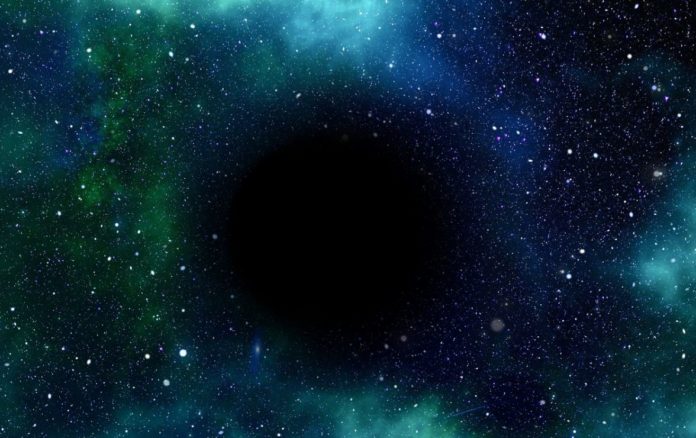Interestingly, the answer is ‘yes’, but only if the hole is supermassive and isolated. Also, a person who enters the hole cannot expect to come back or tell their experience.
In the universe, there are several types of black holes, but only two basic and most important. The first does not rotate, it is electrically neutral and has the mass of our Sun. The second is a supermassive black hole, with a mass of millions and even billions of times greater than the Sun.
- Scientists in Fear of This New Predator From Red Sea Eating Native Species in Mediterranean
- Does This Mean We Stopped Being Animal and Started Being Human Due to ‘Copy Paste’ Errors?
- The One Lifestyle Choice That Could Reduce Your Heart Disease Risk By More Than 22%
- Aging: This Is What Happens Inside Your Body Right After Exercise
- Immune-Boosting Drink that Mimics Fasting to Reduce Fat – Scientists ‘Were Surprised’ By New Findings
In addition to the mass difference, what also differentiates them is the distance from their center to their event horizon, a measure called radial distance. The event horizon of a black hole is the point of no return and anything that passes through this point will be swallowed up and will disappear forever from our known universe.
The radial distance depends on the mass of the respective black hole and is key for a person to survive falling into one. For a black hole with a solar mass, the event horizon will have a radius of just under three kilometers.
In this way, someone falling into a stellar-size black hole will get much closer to the center of the black hole before passing the event horizon. This implies, due to the proximity of the center of the black hole, that the attraction of the black hole on a person will differ by a factor of 1 trillion times between the head and the feet. Under this impact, a person will simply be divided into thin spaghetti-like pieces.
In contrast, the supermassive black hole at the center of our Milky Way has a mass of about four million solar masses and an event horizon with a radius of 12 million km, or 17 solar radii.
Now, a person falling into a supermassive black hole would reach the event horizon much farther from the central source of gravitational attraction, which means that the difference in gravitational attraction between the head and the feet would be almost zero. Therefore, the person would cross the event horizon without being divided into pieces.
Another important factor
Most black holes are surrounded by very hot and turbulent discs, made up of gas and dust or other objects like stars and planets that got too close to the horizon and fell into the black hole – accretion discs. These discs would make it impossible for a human being to travel into the hole.
- Scientists in Fear of This New Predator From Red Sea Eating Native Species in Mediterranean
- Does This Mean We Stopped Being Animal and Started Being Human Due to ‘Copy Paste’ Errors?
- The One Lifestyle Choice That Could Reduce Your Heart Disease Risk By More Than 22%
- Aging: This Is What Happens Inside Your Body Right After Exercise
- Immune-Boosting Drink that Mimics Fasting to Reduce Fat – Scientists ‘Were Surprised’ By New Findings
To enter one safely, you would have to find a supermassive black hole that was completely isolated and did not feed on the material around it. However, even if such a celestial object were found, everything observed inside the black hole would be confined within the event horizon, since nothing, not even light, can escape from there.
